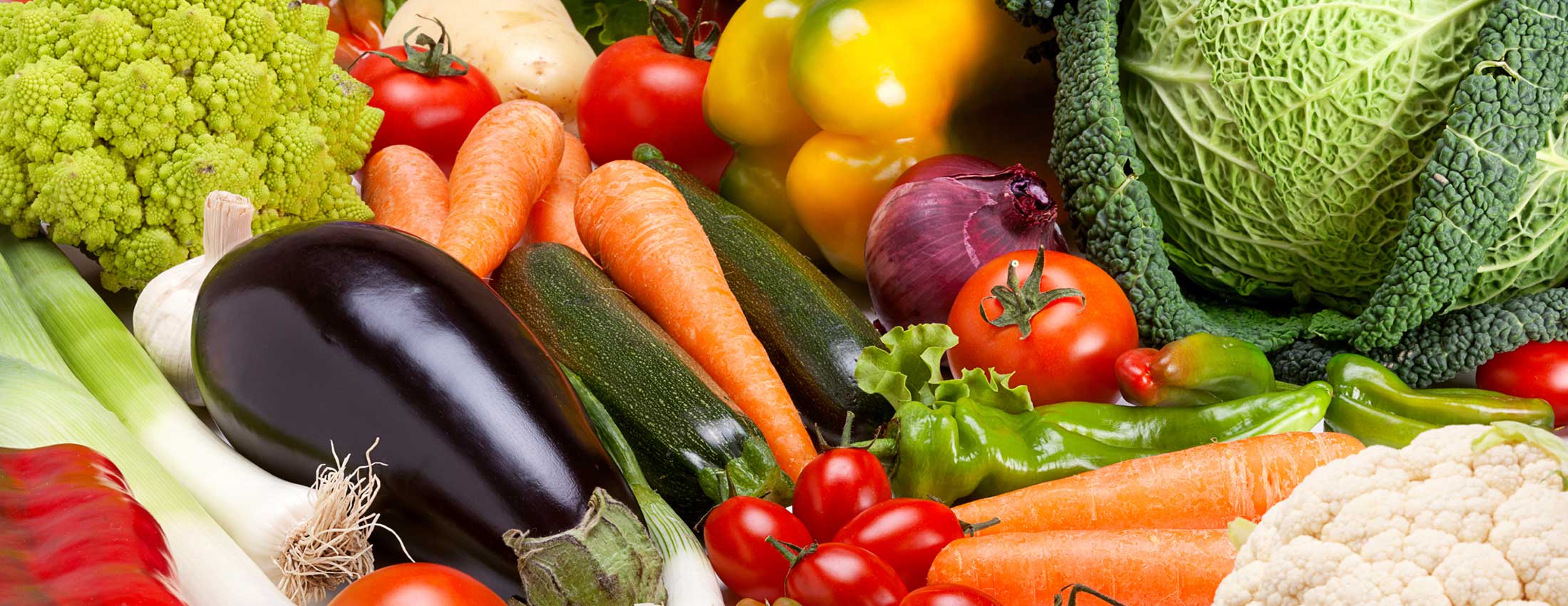Five Keys to Success in Organic Farming

1) Lift Your Quality
Organics has a reputation for idealism, which can be good motivation but bad business. Consumers should get more than chemical-free when they buy organic. They should get forgotten flavours and extended shelf life to justify the premium, and this is all about nutrition. If you are deficient in zinc or boron, all of the compost in the world won’t correct that deficiency. You need soil and tissue tests and good advice to sponsor a quality-driven, precision nutrition approach that will bring the customer back for more. NTS are world leaders in soil and plant nutrition.
2) Maximise Your Nutrition Investment
Fertilisers, natural and conventional, are destined to rise in price as non-renewable resources become depleted. Some of the experts suggest that we have already reached Peak Phosphate and the prices are set to increase. The key strategy here is to magnify and stabilise all inputs with humic and fulvic acid. These certified inputs increase nutrient absorption by over 30% and they bond with leachable minerals like sulfur, nitrogen and boron to retain them in your soil. They also form phosphate humates to stabilise this most unstable mineral.
3) Practice Proactive Disease Management
You don’t have many crutches in organics so it is critically important to create a disease resistant soil and a plant that can fight its own battles. You can learn all of the cutting-edge techniques to achieve this at the four-day NTS Certificate in Sustainable Agriculture course. This is an internationally acclaimed course that has been attended by more than 4000 farmers over ten years in four continents. The former head of the USDA organic division has called this course, “Essential training for all biological farmers”.
4) Develop Your Market
The missing link in most business plans is the marketing of the end product. You can produce the best organic product ever, but there is a limited market and you need to actively expand your outlets. Exporting to Asia, for example, is not difficult but you may need some guidelines. NTS can suggest where to get advice. One of our highly successful growers has a degree in marketing and he is unable to keep up with the export demand for his product. He is happy to share his knowledge.
5) Feed Your Soil and Your Plant
Some branches of organics frown upon foliar fertilising and it is actually discouraged. This is patently absurd! There is copious research quantifying the multiple benefits of an approach that is 12 times more efficient than soil feeding. Nutrient uptake is about mineral balance and an excess of one mineral can limit the uptake of another. Foliar fertilising bypasses these soil-based lockups and takes the direct route into the plant. It is common to see copper and phosphate excesses in organics that limit uptake of zinc and molybdenum. Feed the plant and solve that problem. NTS has the largest number of certified foliar inputs in the world (48 ACO Registered Inputs).
